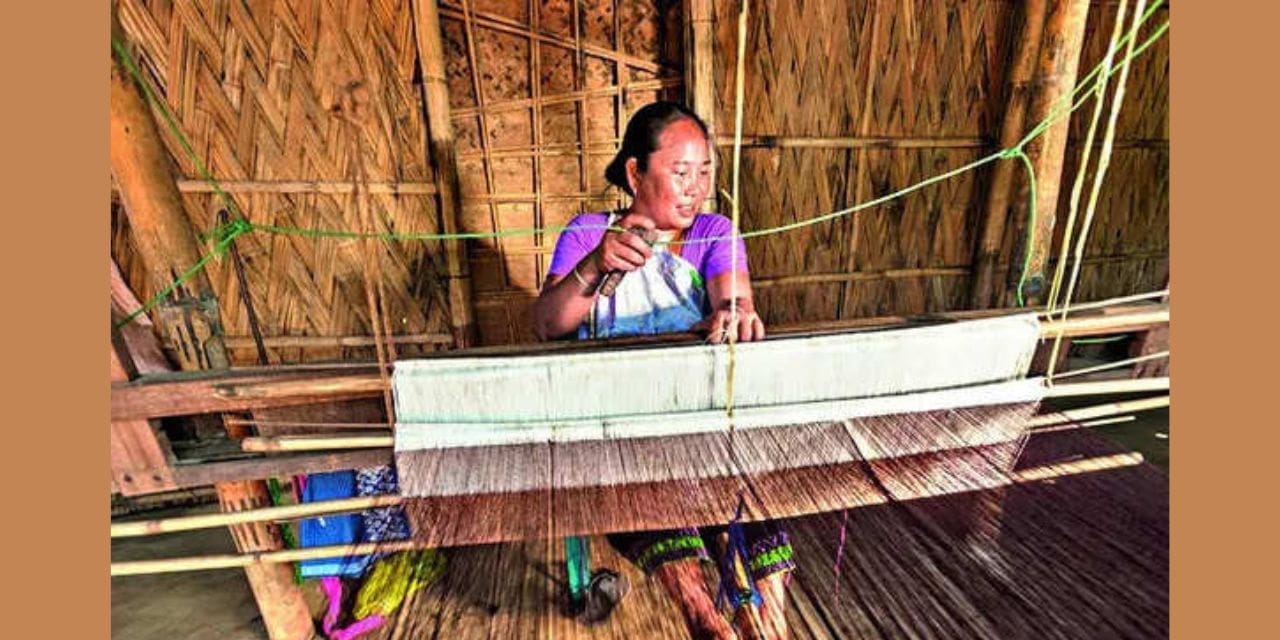According to M Chandrakeshore Singh Pallel, vice-president (Manipur) of the North East Federation of International Trade (NEFIT), the state’s exports of handwoven textiles, medicinal plants, and food products have decreased by over 80% as a result of the continuous ethnic strife in Manipur.
Fabrics from Manipur, such as moiraingphee, leirum, lasingphee, and phanek, are well-known and in high demand in the US, Europe, and Singapore.
According to media accounts, since fighting between the Meiteis and Kukis erupted in the state in early May as a result of a court order giving the Meits scheduled tribe status, 142 people have reportedly died and others have been displaced. The state’s economy has suffered as a result of the violence and the subsequent limitations placed by the authorities on travel and internet access.
The closure of Land Port Moreh in Manipur, which is 110 kilometres from Imphal and serves as India’s gateway to the East through the Moreh-Tamu border point, has had an impact on exports from this small, hilly state, whose cotton fabrics accounted for 44.18% of its merchandise exports in FY22.
“Truck traffic through the Moreh land port remains constrained, and banks and ATMs are still shuttered. Only emergency vehicles are permitted, according to Pallel, vice president of NEFIT.
Manipur has the second-highest density of weavers in the nation—more than 462,000—as well as the fourth-highest density of looms—more than 280,000.
Since the start of the present turmoil, those who have handloom manufacturing facilities in Navi Mumbai or Delhi have been able to export. Some people were unable to export. The hardest hit are those making a living salary, according to Pallel.

